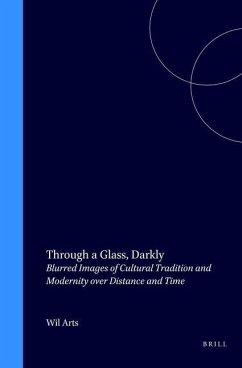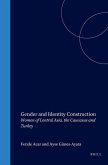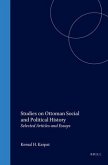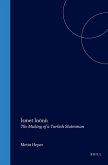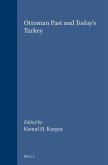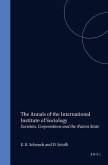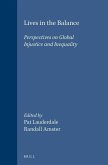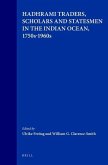In today's European arts and sciences most of the time we see not only other, but also our own cultural traditions and the different forms of modernity like a dim image in a mirror. And the future of our own and other cultures seems to be shrouded in mystery, because our gift of knowledge and inspired messages are only partial. The question this book addresses is whether it is possible to get an almost face-to-face intimacy with various forms of cultural tradition and modernity by using our experiences and our powers of imagination, i.e. our expectations, in a more fruitful way. The contributors to this book try to give answers to this weighty question by taking as a guideline Erasmus's famous motto "ad fontes, i.e. always go to the sources. Without, however, nursing the illusion that our partial knowledge will ever be complete. Is there, they ask, a real chasm between the 'modern' West and the 'traditional' East, as so many authors have argued? And if so, how deep is the chasm and how is it to be bridged? How much do people in the West know about their own cultural tradition and the modern times they live in? How much do they know of the traditions and the modernities of the East and how much do they need to know in order to cope with what the future will probably bring? Are our images of cultural tradition and modernity in East and West, in Past and Present so blurred that we look at them as through a glass, darkly? What the contributors to this book argue for is the necessity of looking at developments both in East and West, both in Past and Present from a wider perspective, of taking a global point of departure. They argue for greater understanding and communication betweencultures, for cultural pluralism (as distinct from cultural relativism). They argue for the open, tolerant, non-dogmatic and critical thought that was the most important characteristic of Erasmus's philosophy. The chapters in this book can be useful to a broad audience and a
Hinweis: Dieser Artikel kann nur an eine deutsche Lieferadresse ausgeliefert werden.
Hinweis: Dieser Artikel kann nur an eine deutsche Lieferadresse ausgeliefert werden.

